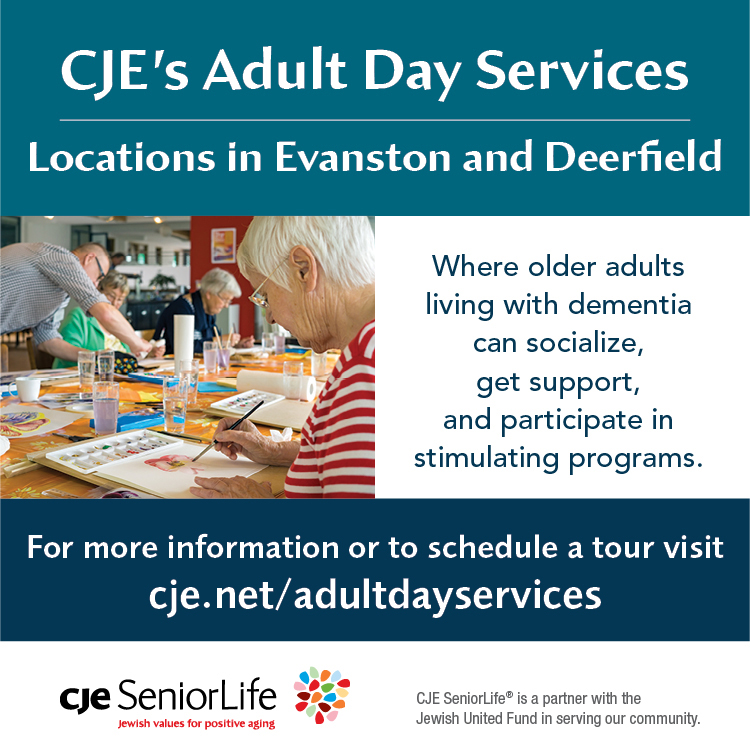
Alex Camp is a freelance journalist with a master’s in public administration, specializing in public affairs reporting, from University of Illinois Springfield.
No one wants to end up in the hospital. But each year in the United States, adults 65 and older have about 13.2 million hospitalizations, according to a 2021 report from the Agency for Healthcare Research and Quality.
A sudden hospital visit can be stressful. One of the easiest ways to prepare is to have a hospital go-bag ready before it’s needed.
“Hospital go-bags are extremely important because when an elderly person is admitted to the hospital, it’s usually kind of sudden,” says Joyce Helwig, client care coordinator at Home Care Angels, a Des Plaines-based home healthcare service. “So we really like to tell our caregivers to [pre]pack a bag for any necessities.”
Start with the essentials
Bringing items such as a toothbrush, toothpaste, hairbrush, underwear, clothes, and possibly their own robe will help older adults maintain their hygiene and avoid expensive trips to the hospital gift shop to purchase necessities.
It’s also important to pack important items such as the person’s medications, doctors’ names and phone numbers, emergency contacts, identification, and insurance cards. The hospital will need all of these details to admit the person without a hitch.
Consider adding some items to pass the time in the hospital, such as books, music, movies, and word puzzles. Having entertainment or comforting hobbies from home will help conquer isolation, especially if visitors are not allowed due to Covid restrictions.
And because it can’t go in the bag beforehand, don’t forget to grab the person’s cell phone, as well as their charger, on your way out the door. Phone calls and FaceTime calls will help your loved one keep in touch with family members during their stay. With visitor restrictions, calls and video chats are more important than ever.
Importance of preparing in advance
Having a well thought-out hospital go-bag helps a patient’s physical health, as well as their mental health. Confusion can increase during extended hospital stays.
“In old age, cognitive functioning tends to decline substantially after hospitalization even after controlling for illness severity and prehospital cognitive decline,” say researchers a 2012 study in the journal Neurology.
When your loved one enters the hospital with familiar items from home, their experience will be less stressful. Planning ahead always helps.
“If people have mild cognitive impairment or early dementia, they often forget things in the middle of a crisis,” says Teri Dreher, RN, owner and CEO of NShore Patient Advocates, based in Chicago.
Even for someone without dementia, a sudden crisis can feel like a whirlwind. “When the paramedics come in, you’re just lying there in pain and focusing on, ‘Get me out of here. Get me help.’ You’re not remembering all those critical things that you need to take with you,” Dreher says.
Helwig has seen first-hand the difference when older adults find themselves in the hospital without getting items ready in advance. As hospitalization wears on, people need objects from home, like their glasses and their cell phone charger. Without familiar items or important documentation, Helwig says, people may be more confused.
“It’s very important that a patient has a go-bag because the longer they are in the hospital, the more confused they’re going to be,” she says. “Not every patient has family readily available. Their family might be indisposed, or there might be family members who are working so they can’t answer all the questions immediately for the doctors to address the situation at hand.”
Dreher concludes that a go-bag goes a long way to make hospitalization easier for patients — and the hospital. “By putting everything in there that the hospital is going to ask you for, [the medical team] will be so happy when you hand it to them,” she says. “Once you walk in and you automatically know what the hospital staff is going to need, you’re going to make a friend right away.”
Pack a hospital go-bag
Necessities:
- Hairbrush or comb
- Shaving cream and razor
- Toothbrush, toothpaste, floss
- Moisturizers and deodorant
- Extra clothes and underwear
- Pajamas
- Robe
- Plenty of socks
- Non-skid shoes or slippers
Entertainment:
- Books and magazines
- Movies
- Music
- Crossword puzzles
Important information:
- List of medications and dosages
- List of diagnoses
- Contact information for doctors
- Emergency contact numbers
- Identification, such as a driver’s license
- Insurance cards
Last-minute items:
- Cell phone and charger
- Eyeglasses
- Keys
- Medications








